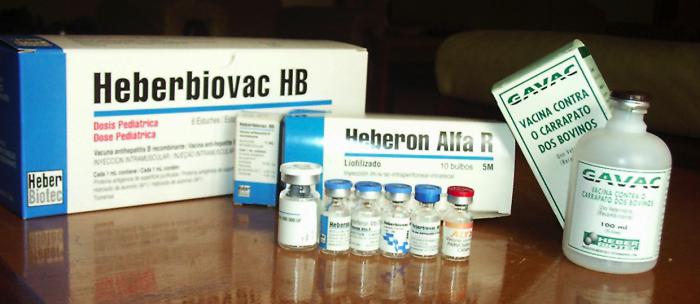Cuba stands out as a successful example in controlling and potentially eliminating this disease in paediatric ages through the use of Heberbiovac HB, a nationally produced recombinant vaccine that has demonstrated high immunogenicity and efficacy.
This 28 July, as World Hepatitis Day is commemorated, Cuba stands out as a successful example in controlling and potentially eliminating this disease in paediatric ages through the use of Heberbiovac HB, a nationally produced recombinant vaccine that has demonstrated high immunogenicity and efficacy.
According to the Centre for Genetic Engineering and Biotechnology on its Twitter/X account, no cases of acute hepatitis B have been reported in children under five years of age since 1999, nor in under-15s since 2006 – a direct result of systematic vaccination from birth.
This disease, which has high global prevalence, causes approximately 1.1 million deaths annually, primarily from cirrhosis and liver cancer.
Globally, only 46% of the population is vaccinated, with the WHO targeting 90% coverage by 2030 to eliminate the disease. The most affected regions are the Western Pacific, Africa, and Southeast Asia.




